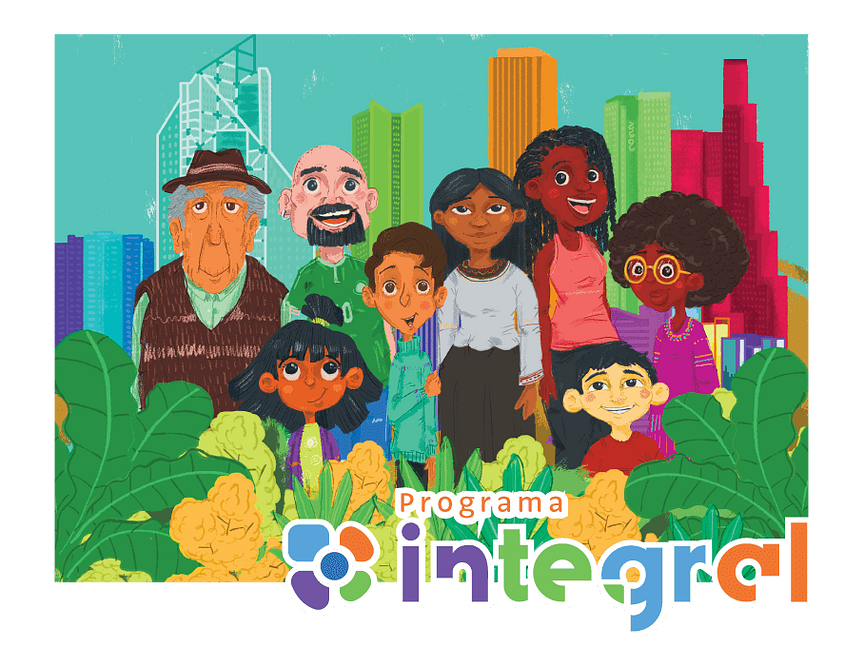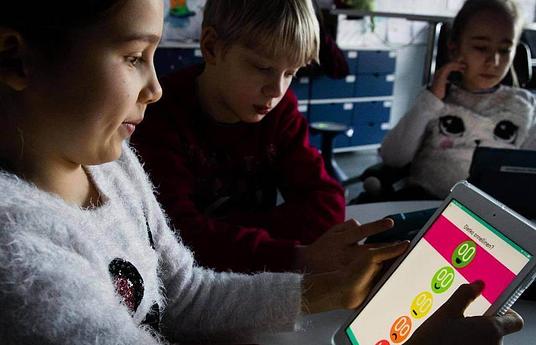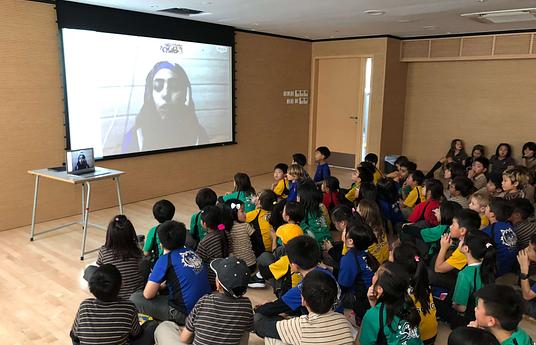This initiative is carried out with the objective of turning schools into scenarios that promote a comprehensive education, that advances the students and community´s construction of horizontal relationships, the respect for the perspectives and ideas of others, attention to mental health, and the promotion of bonds based on trust, confidence, solidarity, equality, and collaboration.
The Program is structured by four strategies where the development of socio-emotional and citizen capacities, as well as the participation of families and communities became the central objectives.
Restorative School Justice and promoting Initiatives for Peace: These strategies have selected and supported 179 schools with 400 teacher-led experiences towards the promotion of dialogue and critical thinking for peace-building and forgiveness.
Comprehensive School Guidance Response: This has strengthened a specialized pedagogical team for school counseling and attention to critical situations, while creating 200 positions within the system for this purpose.
Family Strengthening: 20 local Learning and Practice Networks composed of families and 300 Family Care Schools have been created to promote the development of awareness-raising actions together with families and define and strengthen actions for the management of intra-family conflicts and violence.
The dissemination channel for the program is an experience-based strategy which in turn is also documented through graphic and audio communication pieces on social networks. Face-to-face and remote meetings have been held with the participation of teachers, students, and parents. The meetings, workshops and training sessions are registered, and their results are shared with the community. To measure their efficiency, instruments such as surveys and focus groups have been applied, as well as the permanent accompaniment of educational institutions. Likewise, the strategies will support a new group of 400 new teacher-led initiatives that will strengthen and spread the benefits of this innovation.
This innovation is highly replicable in other contexts because it permits for the adjustment to the specific realities and necessities of the community. That is why, the first steps should be the establishment of Inter-institutional alliances; small scale pilots to understand community needs in terms of public policy and the investment of financial resources towards a team that creates connections



